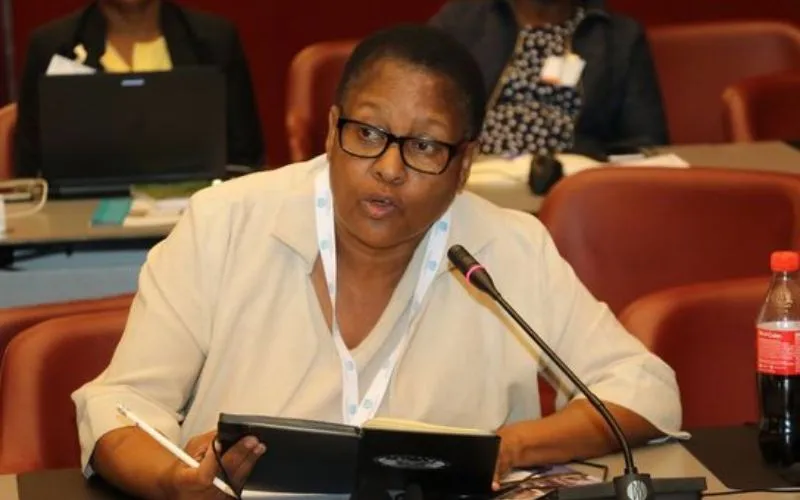Windhoek, 23 July, 2024 / 1:09 pm (ACI Africa).
The proposed Divorce Bill 2024, which Yvonne Dausab, Namibia’s Justice Minister, tabled in parliament on June 11 seeks to compromises a number of essential marriage principles and undermines Church authority, an official of the Namibian Catholic Bishops Conference (NCBC) has lamented.
In a statement that ACI Africa obtained on Monday, July 22, the Coordinator of the Gender Desk of NCBC, Elma Jane Dienda, weighs in on the proposed Divorce Bill that seeks to, among other amendments, “consolidate and reform the law on divorces relating to civil marriages ... provide for periodical allowance, financial and other consequences of annulment of marriage; provide for forfeiture of patrimonial benefits ... abolish orders for restitution of conjugal rights and judicial separation .... amend the Magistrates’ Courts Act, 1944, so as to confer jurisdiction on a court established in terms of that Act to deal with divorces proceedings; and provide for incidental matters.”
“I address the Bill currently under consideration with a profound sense of duty as a representative of the Roman Catholic Church,” Ms. Dienda says.
She says that “while the Bill intends to address societal challenges, it falls short in upholding the foundational principles of marriage as subscribed by marriage officers from religious denominations such as the Catholic faith.”
“Though the Government and the Church differ, in Namibian society the government gives the church authority to officiate wedding ceremonies. This Bill undermines the authority of the Church, which is granted powers by the government,” Ms. Dienda adds. The Lawmaker decries the Bill for expediting the divorce process and goes on to term it as faulty and inappropriate for not incorporating the voice of the church.








